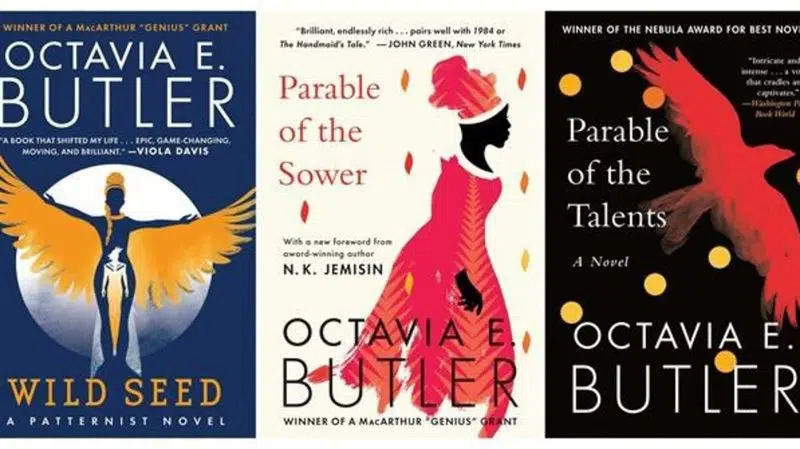
Butler’s prescient sci-fi resonates years after her death
NEW YORK — Novelist N.K. Jemisin was a teenager the first time she read Octavia Butler, and nothing had prepared her for it. It was the 1980s, and the book was called “Dawn,” the story of a black woman who awakens 250 years after a nuclear holocaust.
“I remember just kind of being stunned that a black woman existed in the future, because science fiction had not done that before,” says Jemisin, whose “The City We Became” is currently a bestseller. “There was just this conspicuous absence where it seemed we all just vanished after a while.”
A revolutionary voice in her lifetime, Butler has only become more popular and influential since her death 14 years ago, at age 58. Her novels, including “Dawn,” “Kindred” and “Parable of the Sower,” sell more than 100,000 copies each year, according to her former literary and the manager of her estate, Merrillee Heifetz. Toshi Reagon has adapted “Parable of the Sower” into an opera, and Viola Davis and Ava DuVernay are among those working on streaming series based on her work. Grand Central Publishing is reissuing many of her novels this year and the Library of America welcomes her to the canon in 2021 with a volume of her fiction.
A generation of younger writers cite her as an influence, from Jemisin and Tochi Onyebuchi to Marlon James and Nnedi Okarafor, currently working on a screenplay for the Butler novel “Wild Seed” for the production company run by Davis and her husband, Julius Tennon. Davis, in a recent interview with The Associated Press, said she began reading Butler while attending the Juilliard school 30 years ago.
